The FEI has imposed a further two-week extension of the shutdown of all international events in mainland Europe until 11 April 2021 due to the ongoing outbreak of the neurological form of Equine Herpes Virus (EHV-1). The FEI had previously announced a 28-day shutdown on 1 March 2021.
The move, which aims to minimise the further spread of the very aggressive strain of the virus, was unanimously approved at an emergency FEI Executive Board meeting today. The extended lockdown applies to all FEI disciplines.
The decision is based on detailed scientific risk assessment conducted by world leading epidemiologist Dr Richard Newton and the FEI Veterinary Department.
The extended lockdown applies to all countries that have international scheduled events in the period to 11 April – Austria, Belgium, Spain, Estonia, France, Germany, Italy, Netherlands, Poland, Portugal and Sweden. However, the FEI again strongly recommends that all National Federations in mainland Europe cancel their national events in order to minimise horse movement.
The shutdown will mean the cancellation of the FEI World Cup™ Finals for the second consecutive year following the loss of the 2020 Finals in Las Vegas (USA) to the Covid-19 pandemic.
The Longines FEI Jumping World Cup™ Final and the FEI Dressage World Cup™ Final were scheduled to be held in Gothenburg (SWE) from 31 March to 4 April 2021.
“The extension of the lockdown is difficult for everyone, and the loss of the FEI World Cup Finals for a second year is particularly devastating, especially for the qualified athletes and for our loyal Top Partner Longines,” FEI Secretary General Sabrina Ibáñez said. “We know how much work Tomas Torgersen and his incredible team in Gothenburg have put into organising the 2021 Finals, which would have been part of the 400th birthday anniversary celebrations for the city, so this is a desperately bitter blow.
“We cannot eradicate EHV as it is endemic in many countries, but we need to work together to minimise the transmission of this particular strain, which has already caused the death of 12 horses in Europe. All of the original in-contact horses from Valencia, Vejer de la Frontera and Doha are already blocked on the FEI Database, but the whole community needs to be on the alert and monitoring their horses. We strongly urge all European-based FEI athletes to avoid travel with their horses during this prolonged shutdown, as travel is a very clear risk factor.
“Sadly this additional lockdown is crucial to slow down the spread of the virus so that we can preserve the rest of the season, get our athletes and horses back competing safely and allow as long a period as possible for those aiming for Tokyo to earn their Minimum Eligibility Requirements and confirmation results, and of course to prepare their horses for the Games.
“Nobody wants to see an outbreak like this ever again. There will be a comprehensive and fully transparent investigation into every aspect of this outbreak and the way it has been handled, and the findings will be published so that, together with our community, we can all learn from this.
“We will be putting in place enhanced protocols to allow for a safe return to play once this outbreak is under control, and we will advise our community on those well in advance of the resumption of international events, but the priority right now has to be the treatment of sick horses and getting healthy horses back to their home countries in a safe and biosecure way. We all need to focus on safeguarding not just FEI horses, but the wider European horse community.”
Work on identifying the gene sequencing of this strain of the virus is already underway, and the FEI is continuing to monitor the evolution of the virus through the FEI Veterinary Epidemiology Working Group, which was formalised this week. The Group is composed of world-leading EHV specialists, the FEI Veterinary Director and FEI Senior Veterinary Advisor, supported by the Chair of the FEI Veterinary Committee. Reports and recommendations from this Group will be published on a weekly basis.
The FEI is also publishing daily updates on the dedicated EHV-1 hub.

